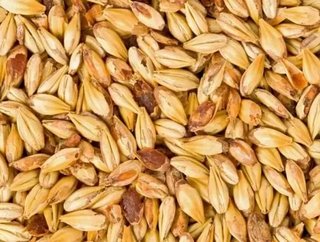How SABMiller reduced the carbon footprint of its supply chain

Global drinks company and brewer SABMiller has announced that it has made a small but very significant change to how its brewing ingredients are prepared and is a more sustainable and efficient business unit as a result.
Using a new technique known as ‘dry de-husking’ (DDH) the outer husk from malted barley grains is removed before the first stage of the brewing process, which is known as mashing and involves soaking the barley in hot water to extract sugars.
DDH has two major benefits: less energy is used in mashing, since less hot water is required to penetrate the grains and the discarded husks can be collected and used as biofuel for the brewery’s boiler, meaning less reliance on fossil fuels.
SABMiller developed DDH in partnership with patent-holder Dillenburger & Hertel GmbH, a German firm that is a renowned innovator in brewing technology. Following a successful pilot at its Mwanza Brewery in Tanzania the company is now looking to apply the technology at more of its breweries across the globe.
Thomas Brewer, Engineering Manager at SABMiller, explained: “By using DDH in Mwanza Brewery we have made a significant improvement in energy efficiency and emissions, with no impact on our traditional brewing techniques or the quality and taste of the beers that we brew there.
“Dry de-husking helps brewing move a step closer to being a truly circular process which generates no waste: barley is harvested, malted and milled, we harness the energy of the husks and can even make use of the ash that is left behind, as this can be used as fertiliser for the fields in which the barley is grown.”
The DDH initiative forms part of the company’s wider commitment to reduce waste and operate as cleanly as possible; its breweries already reuse or recycle nearly 90 percent of their general waste, while 99 percent of spent grains are reused by farmers as animal feed or to generate renewable energy. SABMiller is confident that it is on track to achieve a 50 percent reduction in on-site greenhouse gas emissions from its breweries by 2020.
Stay Connected! Follow @SupplyChainD and @MrNLon on Twitter. Like our Facebook Page.
Read the January Issue of Supply Chain Digital.
SOURCE: [SABMiller]






